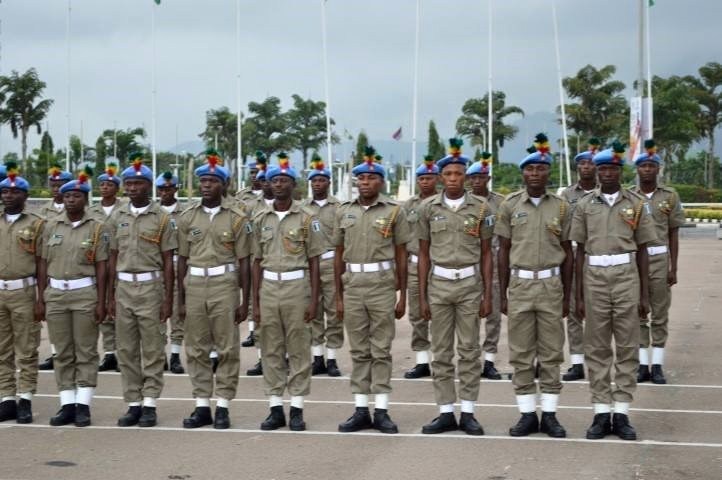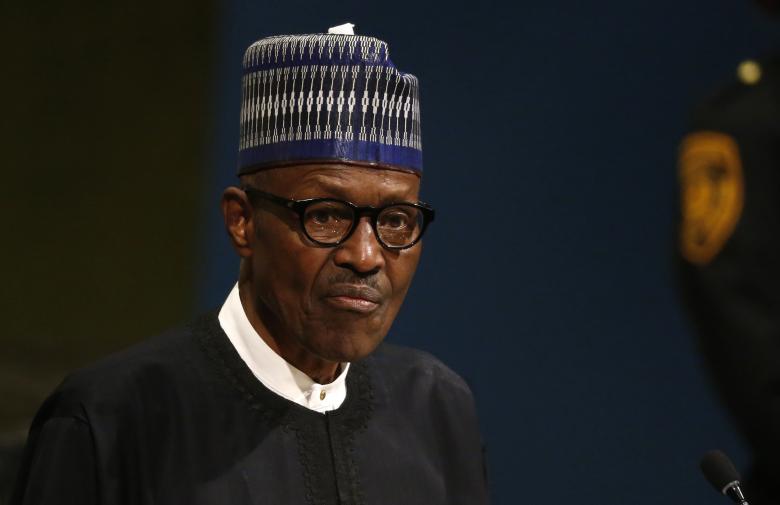BY GIDADO SHUAIB
Before the recent altercation between the Nigerian Police and the Peace Corps of Nigeria over the legality or constitutionality of the establishment of the latter as an organisation, the Minister of Youth and Sports, Mr. Solomon Dalung had granted me an interview at a function in London early this year during my studies.
Mr. Dalung told me that the Peace Corps, in different countries, is a globally recognised non-governmental and youth-based organization which focuses on working with the youth in exploring and enhancing their potentials for greatness towards harnessing and redirecting their productive energies for national development.
The Minister disclosed that since the law establishing the Peace Corps in Nigeria had been passed into law by the National Assembly, he anticipated a healthy collaboration and supervisory oversight of Ministry of youth on its activities. He said peace corps scheme is fashioned around a volunteer corps in some countries where young people serve their country by acquiring experiences to be able to fit into the system.
One of the challenging job requirement in Nigeria is the demand for years of working experiences where some employers would insist on at least three to four years of working experience before hiring a graduate. Therefore, the youth, upon graduation, become unemployable due to the discriminatory requirements.
Advertisement
The peace corps intends to address the challenge of youth unemployment by engaging young graduates into working environments where they could gain the basic experiences. It is only through selected services that they can acquire the necessary skills and experiences to fit into available jobs.
Dalung also raised his concern over those stringent and seeming impossible requirements. He said “I am a person not disposed to the requirement of experiences imposed on young people while seeking for jobs because the headmaster was once a schoolboy before becoming a teacher. There must be a take-off point in life.”
Surprisingly, the Peace Corps of Nigeria has been in existence for over a decade as a non-governmental organization but ineffective due to stiff resistance and rejection from some security agencies who see PCN as a threat to their operations.
Advertisement
The constant attacks on Nigerian Peace Corps from other security agencies, notably the Police have affected the anticipated engagements of 500,000 teeming youth. Recently, the National Commandant of the Corps, Dickson Akoh, was almost stripped naked by the police in public glare.
The headquarters of the organisation in Abuja was also sealed by men of the Police Force after raiding the premises and arrested the commandant and 49 others. The action was despite a directive of Justice Gabriel Kolawole of the Federal High Court, who declared the actions of the police as illegal, unconstitutional and ordered that the office be unsealed immediately.
Several interventions of spirited organisation for the police to see the reason to allow the PCN be have not been successful. Recently some youth-based groups under the auspices of Civil Society Organizations (CSOs) forced open the headquarters of the corps, but yet the policemen were adamant.
However, while the police are still harassing and intimidating members of PCN, the United Nations has granted seven slots to the Officers of the Peace Corps to attend and participate in major United Nations meetings and conferences, including that of the General Assembly.
Advertisement
Rather than addressing the security challenges of highway kidnappings, herdsmen attacks and armed robbery, the police force is chasing shadow by undermining the activities of an organisation that would address unemployment and insecurity. This impunity must stop.
It is necessary to call on President Muhammadu Buhari to assent the bill of the Peace Corps of Nigeria to enable the organisation to commence its operations in earnest. There are a lot of benefits derivable from the commencement of operation of the Nigerian version of Peace Corps if the bill becomes law.
Mr. Dalung had alluded to the fact that the law establishing the PCN would come to effect when he said that “I’m confident that being a father figure who is passionate about youth development, President Muhammadu Buhari will assent to the bill that will set the tone for another platform of engagement for young people into rendering services to the country through the peace corps of Nigeria..”
Can Mr. President do the needful on the Peace Corps of Nigeria now?
Advertisement
Shuaib is a corps member serving at the Niger state government house
Advertisement
Views expressed by contributors are strictly personal and not of TheCable.
1 comments







What is still holding the assent of the NPC bill? Is this bill not overdue for presidentail assent? Is the law/constitution of Nig no followed again?